
A “super extroverted” mother who enjoys going out and dancing has said pelvic pain and urinary incontinence are the “bane of (her) existence” because she can experience “leaks” at any moment.
Vannessa Viljoen, 24, a writer who lives in London, has been an “avid gym-goer” since her early teens, training regularly and playing rugby until her 20s.
After quitting the sport to focus on her career and having a family, she became pregnant with her first child and is expecting her second soon, but has also been experiencing “constant” pelvic pain and frequent urinary incontinence.
She said she has bladder leakage every other day and, although she finds it therapeutic to joke with her friends, saying, “guys, I’ve just pissed myself”, she has experienced medical “gaslighting” and is critical of a lack of support.
From experiencing leaks on the dance floor and having to carry pads and paracetamol at all times, to not being able to stand due to pain, Vannessa said these “taboo” issues affect her daily life.
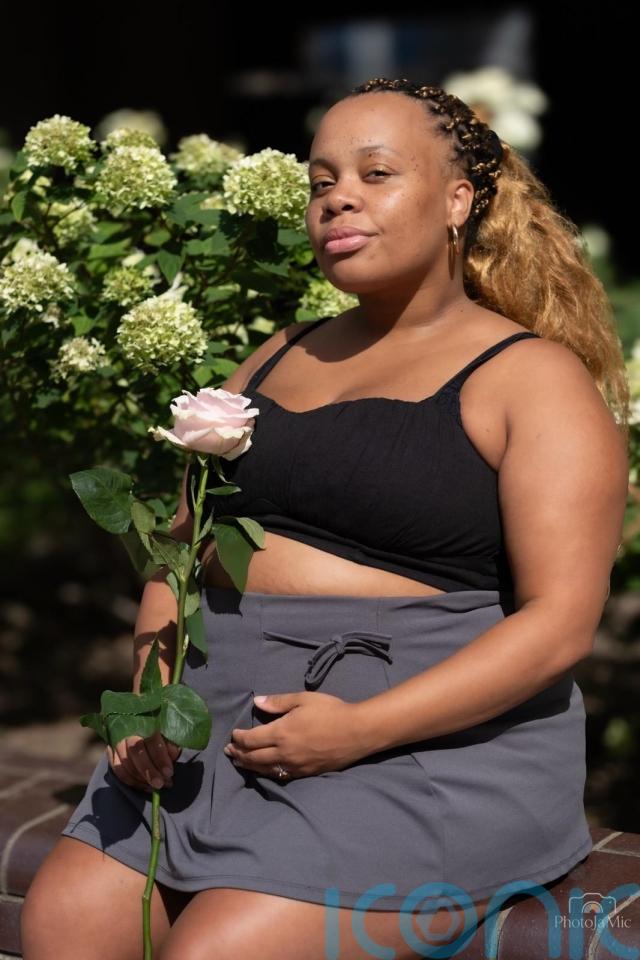
Vannessa wants others to know they are “not alone” and to break down the social construction of “performative femininity”, where she feels women are expected to be “perfect, always”.
“On a night out, you’re just dancing, trying to enjoy your life, and then you’re like, ‘shit, I’ve just leaked’,” Vannessa told PA Real Life.
“Then obviously it’s making sure you’ve got the spare underwear in the bag, the panty liners, little things like that.
“Or if I’m wearing a dress, I may wear some shorts, just layering up, so that I don’t leak and lose an outfit.
“Sometimes you’re just not conscious of it and then you’ll realise when you’re back home, or even just a little laugh (can cause leakages).
“It just hits you out of nowhere.”

She added: “I’m passionate about real conversations, and I think when we have real conversations, that’s where freedom is, that’s where change can start to happen.
“If we’re just suppressing the truth in order to save face or to preserve comfort, we only have people continuing to suffer in silence.”
Vannessa, who describes herself as “proactive and self-disciplined”, started playing rugby at secondary school, aged 12.
She said Maggie Alphonsi, known as the face of international women’s rugby, visited her school and offered sessions and she “fell in love” with the sport.
“I felt empowered and strong, but still feminine,” Vannessa said of the demanding game.
She continued playing rugby and training up to six times a week in her teens, nearly reaching professional level and competing in her last game for the Leicester Tigers women’s team.
She retired after sustaining a head injury in 2019, which caused post-concussion syndrome and chronic tension headaches, and re-evaluated her future.
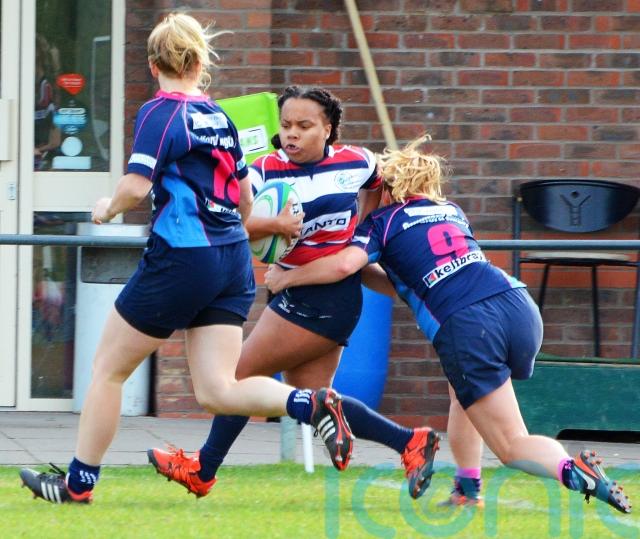
“I just thought, ‘Do you know what? I want a family, I want kids, so let me invest in a career that’s more sustainable’,” she said.
After completing a law degree, Vannessa became pregnant with her first child, who was delivered via an emergency caesarean section in May 2023, and started working as a writer.
Her second child is due next month, and her pelvic girdle pain (PGP) and urinary incontinence began at the start of that pregnancy.
According to the NHS, PGP is a collection of uncomfortable symptoms caused by a stiffness of the pelvic joints or the joints moving unevenly at either the back or front of the pelvis.
Describing the “chronic” pain, Vannessa said: “It’s agony. If you sit down too much, it’s too much pain. If you walk around too much, it’s too much pain, and it’s triggered by certain movements.

“You have to get out of bed a certain way, you have to put your knees together, your legs together, and if you’re sat down, you might need help getting up.
“I’m having to plan my life in a way that means I’m not in as much pain and if I am, I manage it accordingly.”
Vannessa said she was not told about PGP until her second pregnancy and it “caught (her) off guard”.
She was recommended exercises, which did not help, but wishes such topics were “more ingrained into PE in school or as part of sports education”.
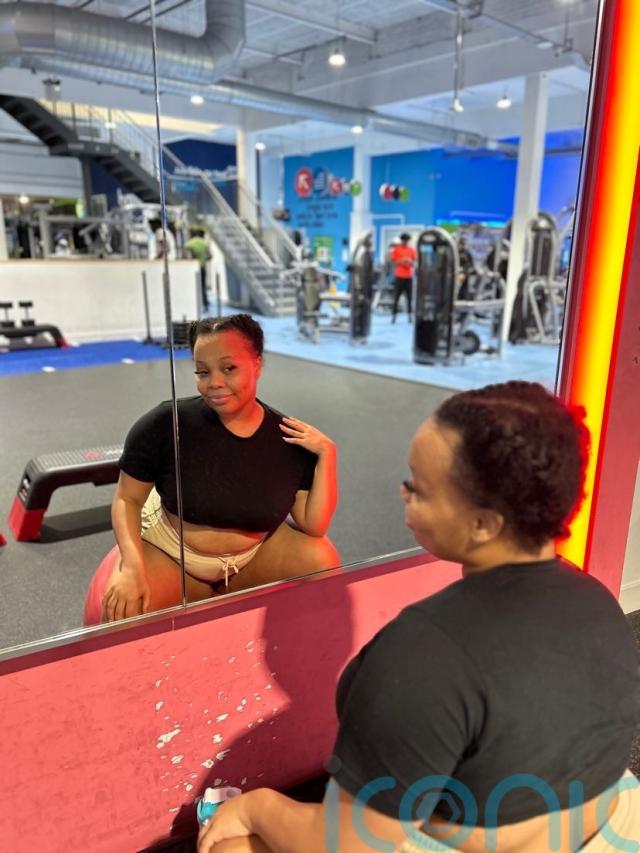
She said the pain has affected “basic things”, such as housework, socialising and keeping active, and it has made her “think more about accessibility and advocating for (her) needs”.
“Sometimes it has affected my ability to look after my child because I’m in too much pain to get up and tend to her,” she said.
“House chores like hoovering, or trying to get everything done in one block is impossible.
“As someone who is active, it hits the ego and affects your mental health.
“Just thinking, ‘I’m not the woman that I need to be, I’m not the housewife’, not that these are my own voices, but you feel the social expectations of not being able to show up as the mum or woman you are.”

Vannessa said she has always enjoyed going out, dancing and socialising but now, due to PGP and bladder leakages, she has to be “prepared” for every eventuality.
She said she has panty liners and paracetamol with her and uses a Tens machine, which passes a weak electrical current to your nerves to help ease pain.
Describing one recent example when she experienced chronic pain, Vannessa said: “The last one where it was terrible was, I went to All Points East and I had the accessibility badge on because I let them know.
“I did get specialist seating, however, there were long walks and it got to the point at the end of the day where I literally sat down and I couldn’t get up.”
According to a new poll of 1,000 UK women carried out by Censuswide for The Urology Foundation, 72% of women diagnosed with bladder leakage say their mental health and emotional wellbeing have suffered due to their condition.
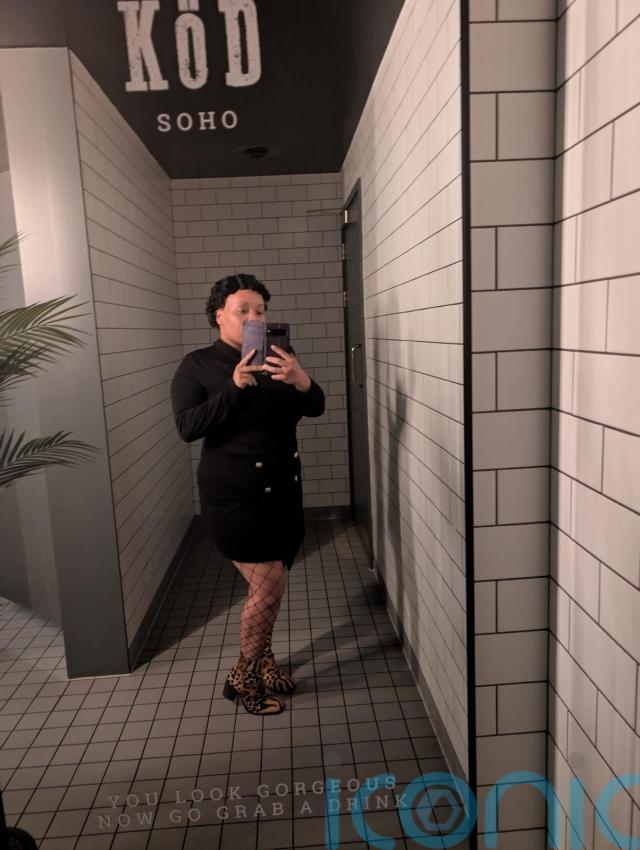
Vannessa said urinary incontinence is “something that’s associated with old age” and, as an active young person, she finds people often “gaslight” her and diminish or ignore her symptoms.
“When you’re seeking out pelvic or more niche, taboo topics, you can’t find anything,” she said.
“I have had to use ChatGPT to ask how to get out there properly, which positions I should or should not do to avoid bladder leakage.
“Medical professionals just say it’s a common thing, like, ‘get on with it’.”
Vannessa is supporting The Urology Foundation’s Bladder Leakage: Time To Act Campaign, which calls for investment into continence services where patients can access specialist support from urology nurses and pelvic floor physiotherapists.
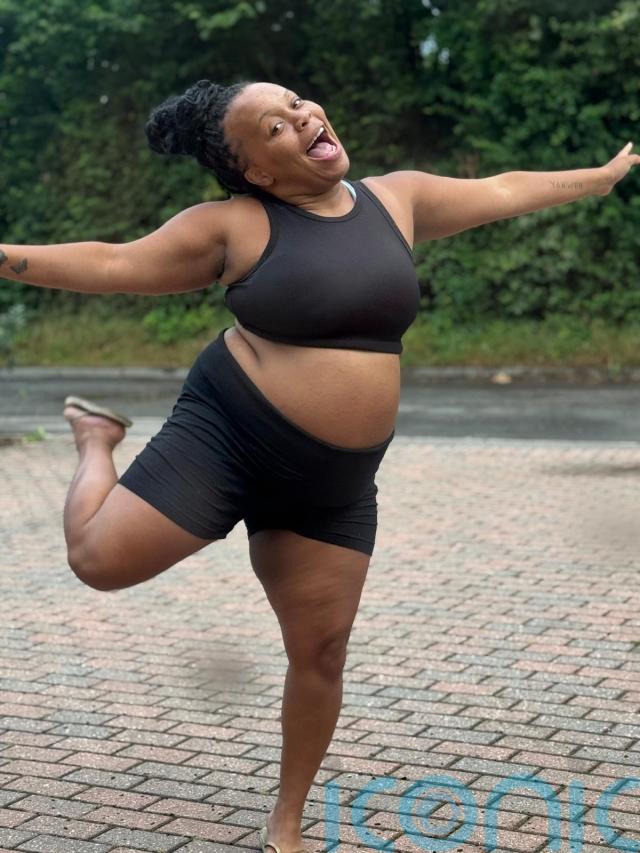
Vannessa said she was on a six-week waiting list for physiotherapy sessions, but is yet to be contacted and does not think she will have access before she gives birth.
She wants to encourage more open conversations and push for ways to increase accessibility and visibility, such as giving women a “health badge for public venues and toilets”.
“It’s the one thing that I can’t control or haven’t been supported for,” she said.
“It’s the bane of my existence. It does have an effect on you.
“Women’s health should be treated holistically and with niche specialists. We shouldn’t have to accept a reduced quality of life.”
Subscribe or register today to discover more from DonegalLive.ie
Buy the e-paper of the Donegal Democrat, Donegal People's Press, Donegal Post and Inish Times here for instant access to Donegal's premier news titles.
Keep up with the latest news from Donegal with our daily newsletter featuring the most important stories of the day delivered to your inbox every evening at 5pm.